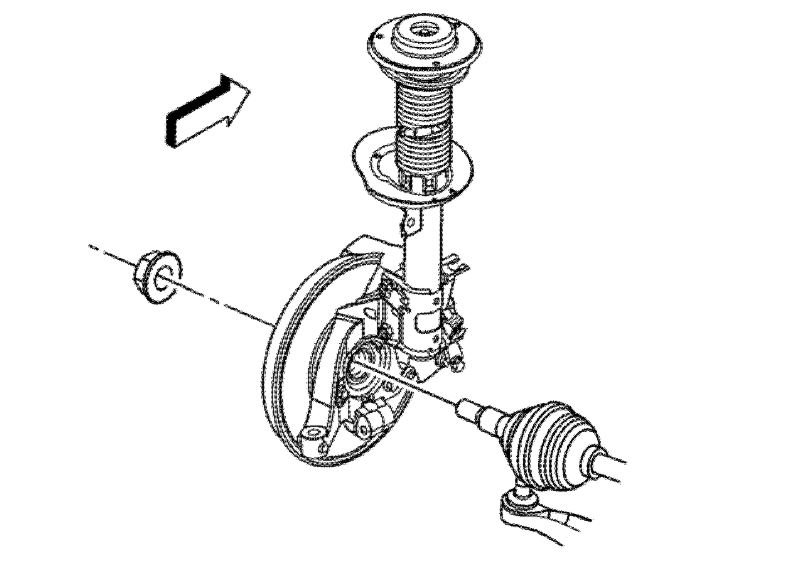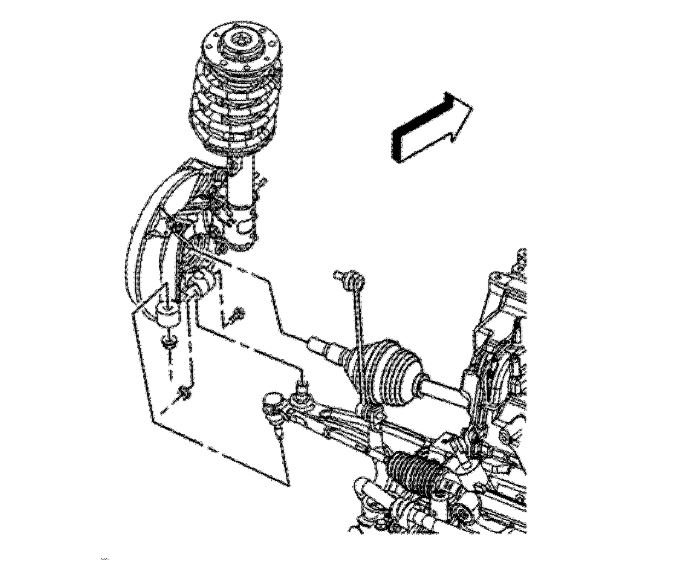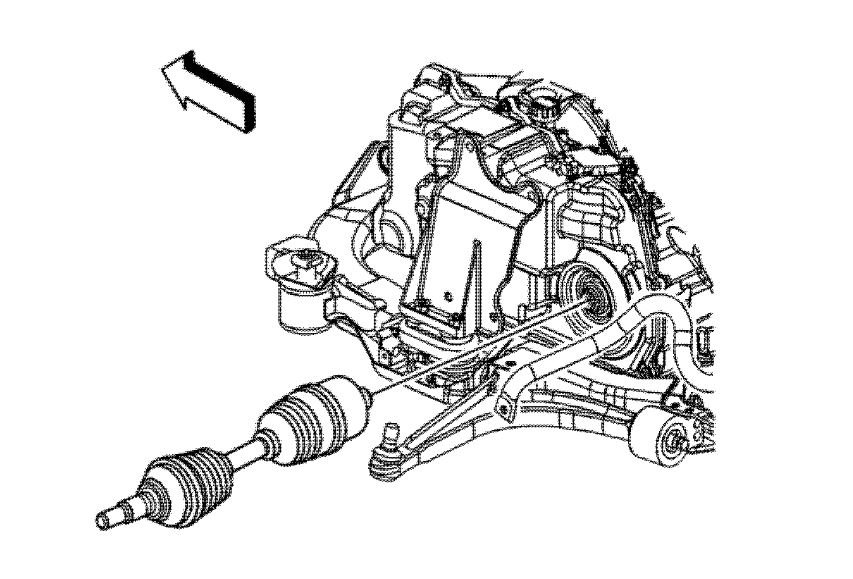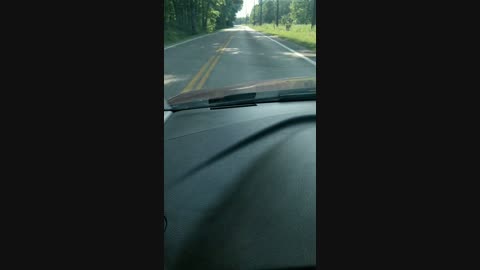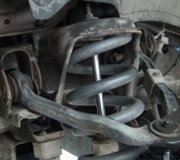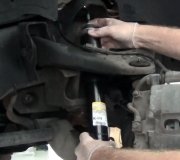Good afternoon,
The first thing that comes to mind is a CV joint in the axle. It is common for the grease to leak out or get hard from age and no longer is the bearing being lubricated.
https://www.2carpros.com/articles/how-a-cv-joint-works
https://www.2carpros.com/articles/replace-cv-axle
Did you inspect the CV boot for any tears or leaks of grease?
https://www.2carpros.com/articles/symptoms-of-a-bad-cv-axle-joint
Roy
Wheel Drive Shaft Replacement
Special Tools
Slide Hammer
Axle Shaft Remover Extension
Axle Shaft Remover
Hub Spindle Remover
Seal Protector
Removal Procedure
Caution: To prevent personal injury and/or component damage, do not allow the weight of the vehicle to load the front wheels, or attempt to operate the vehicle, when the wheel drive shaft(s) or wheel drive shaft nut(s) are removed. To do so may cause the inner bearing race to separate, resulting in damage to brake and suspension components and loss of vehicle control.
Notice: Wheel drive shaft boots, seals and clamps should be protected from sharp objects any time service is performed on or near the wheel drive shaft(s). Damage to the boot(s), the seal(s) or the clamp(s) may cause lubricant to leak from the joint and lead to increased noise and possible failure of the wheel drive shaft.
1. Raise and suitably support the vehicle.
2. Remove the wheel and the tire.
imageOpen In New TabZoom/Print
3. Remove the front wheel drive shaft nut.
4. Remove the outer tie rod assembly from the steering knuckle. Refer to Rack and Pinion Outer Tie Rod End Replacement .
imageOpen In New TabZoom/Print
5. Remove the ball joint from the steering knuckle. Refer to Lower Control Arm Replacement .
Important: In the following procedure, the wheel drive shaft nut can be partially re-installed to protect the threads.
6. Using the J 42129, remove the front wheel drive axle from the front wheel drive shaft bearing.
imageOpen In New TabZoom/Print
7. Assemble the J 2619-01, the J 29794, and the J 33008-A.
8. Using the J 2619-01, the J 29794, and the J 33008-A, remove the wheel drive shaft from the vehicle.
9. Remove the J 2619-01, the J 29794, and the J 33008-A from the wheel drive shaft inner joint.
Images (Click to make bigger)
SPONSORED LINKS
Sunday, July 5th, 2020 AT 1:21 PM
